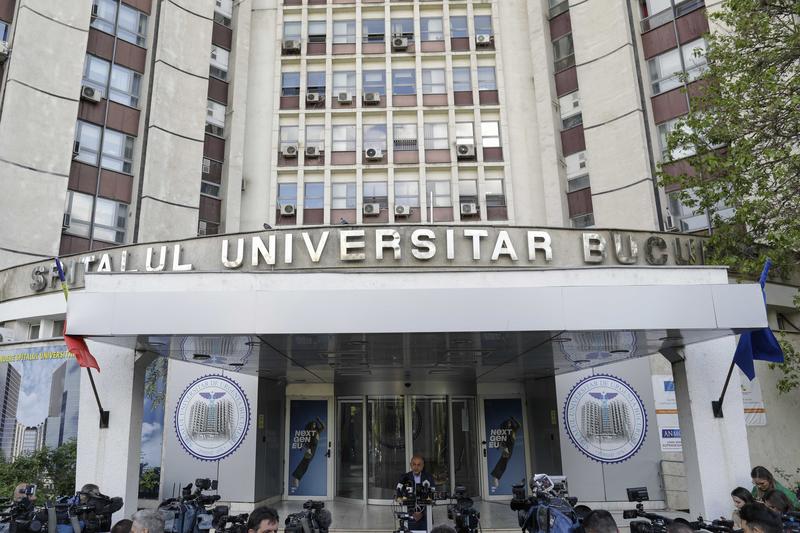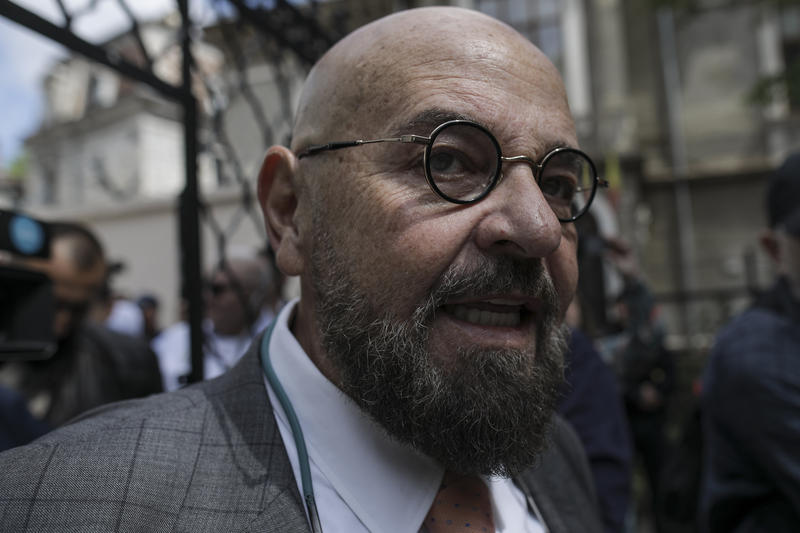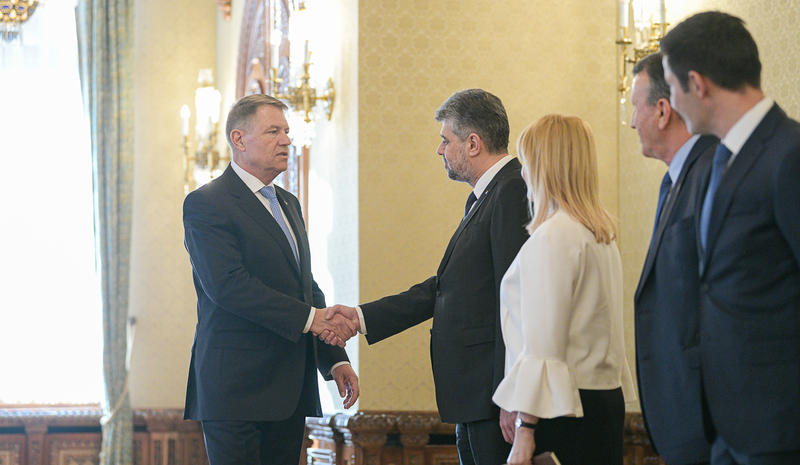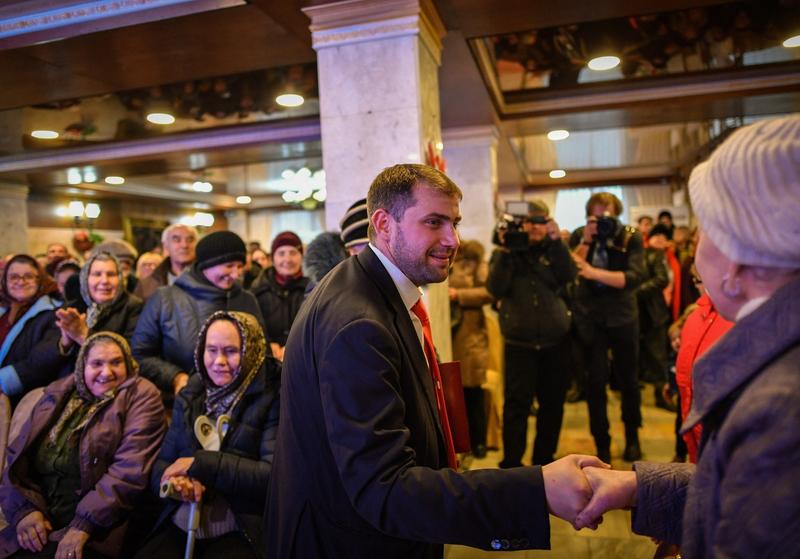They prefer designer trainers and firm steps on paved roads. The countryside is a distant phenomenon, a frozen image which has lost all its splendour and is stored somewhere on the back shelves of their memory.
A mattock, a rake, a yoke of oxen, a straw hat, country boots and the burning midday sun…but all this is old history, something that the current younger generations find too common and tasteless.
Any willingness to work the land, such as sowing fields and harvesting crops, is greeted by an enormous flood of apathy, which threatens to break through the dikes that still miraculously protect our country from utter devastation.
Proposals suggesting that young people could return to the country are usually met with annoyed faces and with reactions that clearly express their strong dislike for the idea: “Have you gone mad?” Although many people opt for a more discreet form of rejecting this possibility, deep inside they all strongly wish to pronounce those four words which perfectly depict their flat out refusal to work on farms.
After several steps in the wrong direction, which were attempts to change the social-economic environment, the Cuban Government is now seeking for a way back. In the past, the leadership insisted on an absurd program of industrialization, which favoured urban growth at the expense of rural development. However, their projects, which failed to bring about any sustainable results in agriculture, started from a false premise as to the real possibilities of our country.
It was a big foolish mistake to adopt special decrees and other harmful instruments, which would force millions of young people to schools, which neither took into consideration their vocational profile, nor the criteria which the students have to meet in order to succeed in their field. The revolution has produced a great many doctors, scientists, engineers and scholars, but for some reason the Government given so little importance to farmers and has undervalued their role in the society.
The lack of balance that exists today is a direct result of the fact that while running the country our Government has been applying the same methods as the ones used by sergeants to control their infantry squads.
Instead of good sense and hope, the massive dimension of the project and the virus of the revolution have seeded thunder. Now as the storms are growing stronger, their weather forecasts only dare to provide very general information, which try to conceal all of the negative implications that might end in an apocalypse.
The possibility that young people could improve country statistics is unthinkable. According to official figures, they only account for 6% of the overall labour force engaged in agriculture.
I doubt that their percentage will reach double digits in the upcoming years, unless measures begin to be taken that could wake up the sense of duty hidden behind the walls of a patriotism that are becoming more and more porous.
Some members of the Communist Youth Association are already engaged in a campaign to raise public awareness that tries to make young people more interested in agriculture.
Even if they achieve an increase in the number of farmers, we have sufficient reasons to predict that everything will end up as a huge failure.
Quantity does not mean quality. This obsession has already brought about too many disastrous results to continue following it, but it is possible this could be the only remaining option.
In 2009, the contradictions of our system – one which lacks future and is riddled with inefficiency – have now become more visible.
Between 1959, when the revolution began, and 1968, when the Revolutionary Offensive made it much more radical, we buried all customs and traditions that had reflected our love for the land and which had helped us achieve enviable production results, which may in no way be compared to our current output.
A significant number of the younger descendants from the families that are living in the countryside, wish to live in towns, preferably in the capital. They don’t want to know anything about sowing seeds or irrigation.
Instead, they are thinking about how to get married to a foreigner, in order to escape the island. They dream of spending entire nights partying at discos or just sitting by the sea on Malecón and watching the stars.
In Cuba, people lost the habit of working a long time ago. Being bent over a shovel to plough a row in a field is something that only appears in old photographs. Young people do not know how to work and are incapable of facing the reality which surrounds them.
Persuading someone living in Havana that he or she should go to work in the country is the easiest way to get a quick laugh or to be called by a great many names which, from an ethical point of view, cannot even be put on this paper.
One thing is certain: the Cuban countryside goes on falling into decay. I doubt that anyone would dare to deny this. There are quite a few signs indicating that even the worse case scenarios could become true, and we can certainly expect them make mistakes.
We may also expect to see fireworks, the full-time operetta ensemble, hired blockheads and a group of interpreters reciting the most recent odes to the revolution. Frauds get no rest. They work full-time and extra hours. When planting lettuce and picking mangos, they might even be the most efficient ones.
About the author: Cuban poet and journalist Jorge Olivera was sentenced to 18 years in prison for giving the true information about the real Cuba. He was arrested together with other 28 independent journalists during the so called Cuban Black Spring in 2003, when there was a crackdown on the Cuban opposition. He was sentenced in 24 hours without the possibility to talk to his defender. In December 2004 he was released on medical parole – he almost lost his sight and his health conditions were rapidly worsening. Now, Jorge Olivera Castillo is a head of unofficial PEN Club Cuba.



















